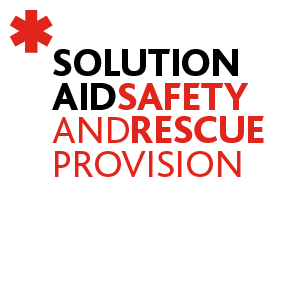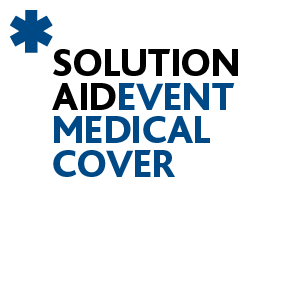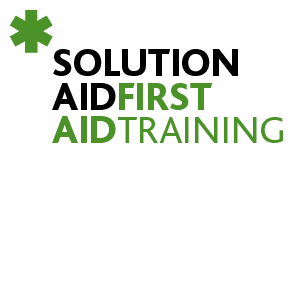A cardiac arrest happens when your heart stops pumping blood around your body.
If someone has suddenly collapsed, is not breathing normally and is unresponsive, they are in cardiac arrest. There is no time to lose. Even if you are untrained your actions can help.
A cardiac arrest is an emergency. If you witness a cardiac arrest, you can increase the person’s chances of survival by phoning 999 immediately and giving CPR.
CPR means:
- chest compression (pumping the heart by external cardiac massage), to keep the circulation going until the ambulance arrives and
- rescue breathing (inflating the lungs by using mouth-to-mouth resuscitation).
Remember – even if you haven’t been trained in CPR with rescue breathing, you can still use hands-only CPR.
What causes a cardiac arrest?
The most common cause of a cardiac arrest is a life threatening abnormal heart rhythm called ventricular fibrillation (VF).
Ventricular fibrillation happens when the electrical activity of your heart becomes so chaotic that the heart stops pumping and quivers or ‘fibrillates’ instead. There are various causes of VF. These can be problems with your heart, or other causes.
| Heart-related causes of VF | Other causes of VF |
| Coronary heart disease | A lack of oxygen in your body – for example, if you are choking |
| Heart attack | Electrocution |
| Cardiomyopathy | Using recreational drugs, such as cocaine |
| Congenital heart disease | Losing a large amount of blood |
| Heart valve disease | |
| Acute Myocarditis (inflammation of the heart muscle) | |
| Heart conduction disorders that make you more likely to experience abnormal heart rhythms, such as Long QT syndrome |
Can you recover from a cardiac arrest?
It is possible to survive and recover from a cardiac arrest, if you get the right treatment quickly.
VF can sometimes be corrected by giving an electric shock through the chest wall, by using a device called a defibrillator.
This can be done in the ambulance, or at hospital, or it can be done by a member of the public at the scene of a cardiac arrest if there is a community defibrillator nearby.
Immediate CPR can be used to keep oxygen circulating around the body until a defibrillator can be used and/or until the ambulance arrives.
What’s the difference between a heart attack and cardiac arrest?
Although a heart attack can lead to a cardiac arrest, they are not the same thing.
A heart attack is a sudden interruption to the blood supply to part of the heart muscle. It is likely to cause chest pain and permanent damage to the heart. The heart is still sending blood around the body and the person remains conscious and is still breathing.
A cardiac arrest occurs when the heart suddenly stops pumping blood around the body. Someone who is having a cardiac arrest will suddenly lose consciousness and will stop breathing or stop breathing normally. Unless immediately treated by CPR this always leads to death within minutes.
A person having a heart attack is at high risk of experiencing a cardiac arrest.
Both a heart attack and a cardiac arrest are life-threatening medical emergencies and require immediate medical help.
Call 999 if you think you are having a heart attack or if you witness someone having a cardiac arrest.
If you feel a course that covers this try of treatment would be suitable for your or your organisation please do not hesitate to make contact with us on 07582 062 257 or email alan@solutionaid.co.uk



